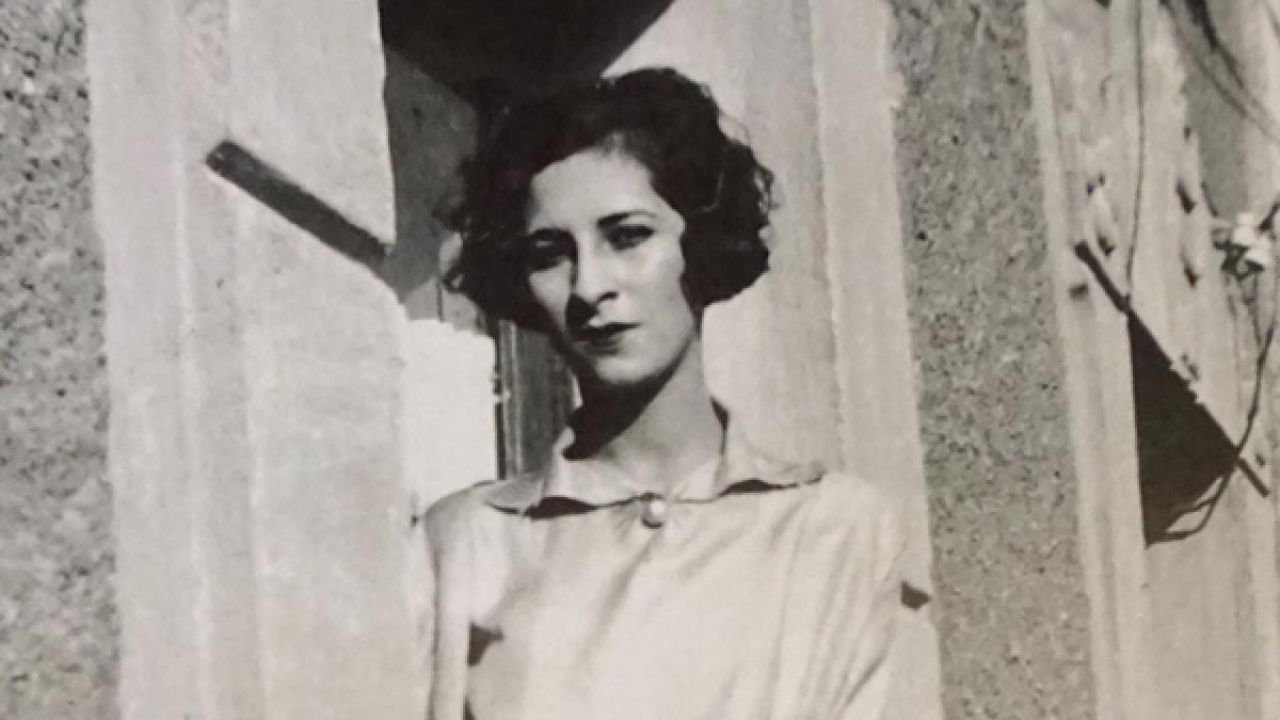The films of the great filmmaker Agnès Varda had a profound effect on the film industry. She gained notoriety in the film industry thanks to her inventiveness, distinct vision, and commitment to storytelling. This essay will examine Agnès Varda’s life and accomplishments, focusing on her formative years, high points in her professional life, and enduring influence.
Early Life
Childhood and Family
Agnès Varda was born on May 30, 1928, in Ixelles, Belgium. Her full name was Arlette Varda, but she later changed it to Agnès. Her father was of Greek origin, and her mother was French. Agnès grew up in a multicultural environment, which influenced her perspective on life and art.
Education
Agnès Varda moved to Paris with her family during World War II. She attended the Lycée Victor-Duruy and later studied art history at the École du Louvre. She also studied photography at the Vaugirard School of Photography. These educational experiences played a crucial role in shaping her artistic sensibilities.
Entry into Filmmaking
Transition from Photography to Film
Agnès Varda started her career as a photographer. She worked as a photographer at the Théâtre National Populaire in Paris, where she captured the essence of theatrical performances. Her interest in visual storytelling gradually led her to filmmaking.
First Film: “La Pointe Courte”
In 1954, Varda directed her first film, “La Pointe Courte.” The film, shot on a shoestring budget, depicted the lives of fishermen in a small village. It was a blend of documentary and fiction, showcasing Varda’s innovative approach to filmmaking. “La Pointe Courte” is considered a precursor to the French New Wave movement.
Major Works and Contributions
“Cléo from 5 to 7” (1962)
One of Varda’s most acclaimed films is “Cléo from 5 to 7.” The film follows a young singer, Cléo, as she waits for the results of a medical test. The narrative unfolds in real-time, capturing Cléo’s emotional journey. The film’s innovative structure and exploration of existential themes earned it critical praise.
“Vagabond” (1985)
“Vagabond” is another significant work by Varda. The film tells the story of Mona, a young drifter, whose dead body is found in a ditch. The narrative retraces Mona’s final weeks, portraying her interactions with various people. “Vagabond” won the Golden Lion at the Venice Film Festival, solidifying Varda’s reputation as a master filmmaker.
“The Gleaners and I” (2000)
In 2000, Varda released “The Gleaners and I,” a documentary that explores the practice of gleaning, or collecting leftover crops. The film blends personal reflection with social commentary, highlighting Varda’s empathy and curiosity. “The Gleaners and I” received widespread acclaim and brought Varda renewed recognition.
Style and Themes
Realism and Experimentation
Agnès Varda’s films are known for their realistic portrayal of life. She often used non-professional actors and real locations to create an authentic atmosphere. At the same time, Varda was not afraid to experiment with narrative structure and visual techniques. Her films are a blend of realism and innovation.
Feminism and Social Issues
Varda was a feminist and her films often addressed social issues. She explored themes like gender, identity, and social justice. Her empathetic portrayal of women and marginalized communities resonated with audiences and critics alike.
Personal Touch
Many of Varda’s films have a personal touch. She often drew inspiration from her own life and experiences. This personal connection gave her work a unique warmth and authenticity. Varda’s films are not just stories; they are reflections of her thoughts and feelings.
Legacy
Influence on Filmmakers
Agnès Varda’s work has influenced many filmmakers. Her innovative techniques and storytelling methods inspired a new generation of directors. Filmmakers like Martin Scorsese and Wes Anderson have cited Varda as an influence on their work.
Awards and Recognition
Throughout her career, Varda received numerous awards and honors. In 2015, she was awarded an honorary Palme d’Or at the Cannes Film Festival, becoming the first female director to receive this honor. In 2017, she received an honorary Academy Award for her contributions to cinema.
Continued Relevance
Agnès Varda’s films continue to be relevant and appreciated. Her work is regularly screened at film festivals and retrospectives. New audiences discover her films, and her legacy lives on through her timeless storytelling.
You May Also Like: Barbara Stanwyck Gilyard: A Hollywood Icon’s Journey
Conclusion
Filmmaker Agnès Varda was a trailblazer whose films broke through genre barriers. Her inventiveness, compassion, and commitment to delivering compelling stories are demonstrated in her films. There is no denying Varda’s impact on film, and her legacy will continue to motivate upcoming generations. It’s worth spending the time to explore Agnès Varda’s films, regardless of your level of interest in cinema.
Frequently Asked Questions
Who was Agnès Varda?
Agnès Varda was a pioneering filmmaker known for her innovative storytelling and significant contributions to cinema. Born on May 30, 1928, in Ixelles, Belgium, she transitioned from photography to filmmaking, creating influential works that blended realism with experimentation. Some of her most acclaimed films include “Cléo from 5 to 7,” “Vagabond,” and “The Gleaners and I.” Varda was also a feminist who addressed social issues in her films and received numerous awards for her contributions to the film industry.
What are some of Agnès Varda’s most famous films?
Agnès Varda directed several famous films that are celebrated for their unique style and impactful storytelling. Notable works include:
- “La Pointe Courte” (1955): Her debut film, considered a precursor to the French New Wave.
- “Cléo from 5 to 7” (1962): A real-time exploration of a young singer’s existential crisis.
- “Vagabond” (1985): The story of Mona, a drifter whose life and death are examined through flashbacks.
- “The Gleaners and I” (2000): A documentary that blends personal reflection with social commentary on the practice of gleaning.
What themes did Agnès Varda explore in her films?
Agnès Varda’s films often explored themes such as realism, feminism, social issues, and personal experiences. She addressed topics like gender, identity, and social justice, portraying women and marginalized communities with empathy. Her films combined authentic depictions of life with innovative narrative structures, creating a unique blend of realism and experimentation.
How did Agnès Varda influence the film industry?
Agnès Varda had a profound influence on the film industry, particularly through her innovative techniques and storytelling methods. She is considered a key figure in the French New Wave movement and has inspired many filmmakers, including Martin Scorsese and Wes Anderson. Her use of non-professional actors, real locations, and experimental narratives set new standards in filmmaking and opened up new possibilities for cinematic expression.
What awards and recognitions did Agnès Varda receive?
Throughout her career, Agnès Varda received numerous prestigious awards and recognitions for her contributions to cinema. These include:
- An honorary Palme d’Or at the Cannes Film Festival in 2015, making her the first female director to receive this honor.
- An honorary Academy Award in 2017 for her overall contributions to the film industry.
- The Golden Lion at the Venice Film Festival for “Vagabond” in 1985. Her legacy is celebrated through retrospectives and screenings of her work, continuing to inspire new generations of filmmakers and audiences.











